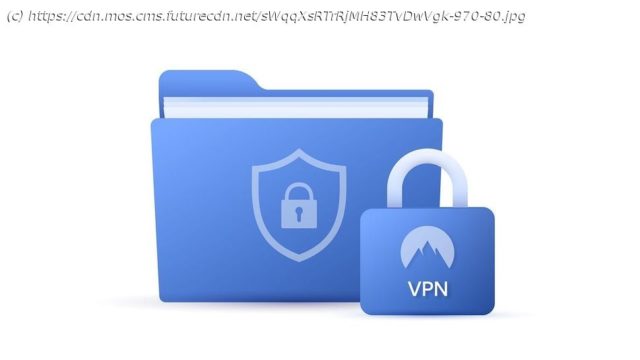Factors to consider when looking for the best remote access business VPN
A remote access VPN encrypts the online traffic and spoofs the IP address of a business’s employees who are working off-premises, allowing them to secure remote access to the company’s private network. Additionally, RA VPNs are cheaper and easier to scale than traditional VPNs, making them a better choice for businesses today.
However, once you’ve decided to get a remote access VPN, there are a few things to take note of, including the VPN’s security features, pricing, ease of use, and customer support, so that you can zero in on the very best solution for your needs.
In this article, I’ll discuss in detail the different criteria to consider when choosing the best remote access VPN solution for your business.
Nordlayer is offering an extra 20% discount on Annual Plans
NordLayer, formerly NordVPN Teams, offers a robust VPN solution for businesses, featuring Single-Sign-On support with Google, Azure AD, and Okta, two-factor authentication, and dedicated IP addresses. Get 20% extra discount with the code NL-TECHRADAR-2420.Factors to consider when looking for a remote access VPN for your business
When shopping for a remote access VPN, it’s crucial to first narrow down your business’s specific needs. RA VPNs can vary greatly, and the best choice for your business will depend on whether you prioritize network security, expanding remote work capabilities, or both. Once that’s sorted, here are some non-negotiable factors to consider:Security
For modern-day digital businesses, it’s not a question of if they will be targeted by a cyberattack, but when. Businesses are being hit with thousands of new cyber threats every second, and ransomware attacks are soaring to a new high. All this makes an internet security solution like a remote access VPN indispensable for businesses around the world.
A joint NSA-CISA guide advises against opting for non-standard VPN solutions. These include SSL/TLS VPNs. SSL stands for Secure Sockets Layer, and TLS stands for Transport Layer Security. Well, why shouldn’t you use these VPN solutions? It’s because they employ non-standard (or custom-made) tunneling protocols, which, although can be secure, have the possibility of opening up your network to additional risks.
The bottom line is that you should stick to standard IKE/IPsec VPN solutions that offer verified and standardized protocols – they’ve been tested and analyzed a whole lot more than proprietary protocols. Conversely, the remote access VPN you’re considering should be transparent about the tunneling protocols it uses.
Next, check that the VPN employs strong encryption, with AES 256-bit encryption being the industry standard, as well as our recommendation here. This one’s super important because data encryption is one of the biggest reasons businesses opt for RA VPNs in the first place.
You should also look for third-party audits that verify the vendor’s privacy and security claims. Another important VPN security feature is support for multi-factor authentication. This is because RA VPNs are gatekeepers of a business’s private network, meaning they must have the ability to correctly verify the identity of users seeking access to the network. This is where MFA becomes crucial. Additionally, you could also look for SO2 compliance.No-logging
A no-logging policy is at the heart of a VPN provider’s privacy.
Home
United States
USA — software How to choose the best remote access VPN solution for your business






